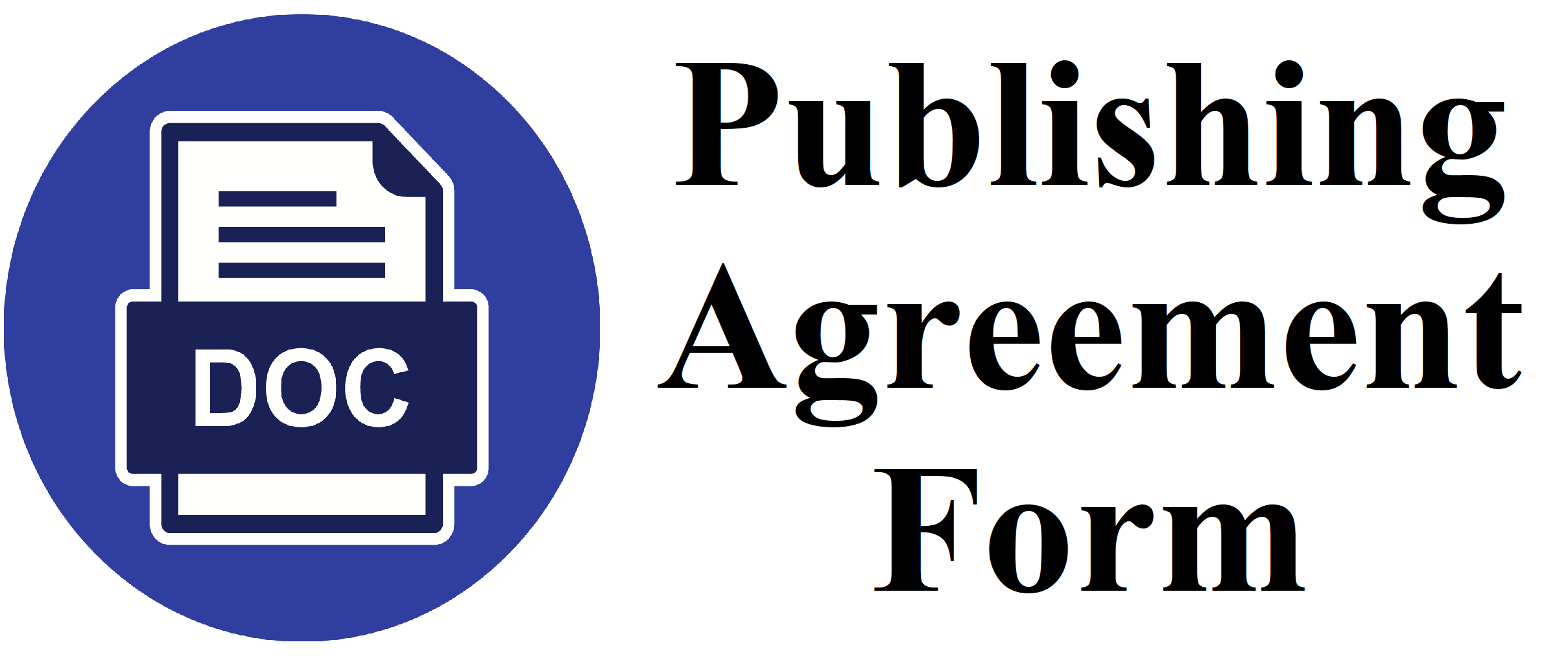The Successful Management of COVID-19 Patient with Severe ARDS Using Standard Therapy
DOI:
https://doi.org/10.36497/jri.v41i2.170Keywords:
COVID-19, ARDS, standard therapyAbstract
The clinical manifestations of COVID-19 are very diverse. Young patients generally develops mild infection, whereas in older age with various comorbidities, the mortality rate increases. Since SARS-CoV-2 virus is still relatively new, a variety of treatments to manage COVID-19 patients are sought with various treatment effects. Currently there are many antiviral regimens and other drugs as treatment options for COVID-19, but there has been no specific therapy approved by U.S. Food and Drug Administration (FDA). This case report described the incidence of severe-critical ARDS in young patients without comorbids, as well as the comparison of successful management of COVID-19 patients with critical manifestations of severe ARDS using standard therapy. This case study compared the clinical and therapeutic similarities and differences in two patients who have successfully recovered from COVID-19 using standard therapy. Both patients were young male with no comorbids. The therapies administered were antivirus, anticoagulant, antibiotic, ventilator, steroid and symptomatic therapy corresponding to clinical condition development. Early case detections, ventilator use with high PEEP strategy, negative liquid balance, symptomatic management and sepsis prevention were factors that support the success of therapy.Downloads
References
Instiaty, Darmayani I, Marzuki J, Angelia F, William, Siane A, et al. Antiviral treatment of COVID-19: a clinical pharmacology narrative review. Med J Indones. 2020; 29(3):332-45.
Wasityastuti W, Dhamarjati A, Siswanto. Imunosenesens dan Kerentanan Populasi Usia Lanjut Terhadap Coronavirus Disease 2019 (COVID-19). J Respir Indo. 2020; 40(3):182-91.
Kazory A, Ronco C, McCullough PA. SARS-CoV-2 (COVID-19) and intravascular volume management strategies in the critically ill. Baylor University Medical Center Proceedings. 2020;: p. 370-375.
Smith T, Bushek J, LeClaire A, Prosser T. COVID-19 Drug Therapy. Elsevier Clinical Drug Information. 2020.
Shi Y, Wang Y, Shao C, Huang J, Gan J, Huang X, et al. COVID-19 infection: the perspectives on immune responses. Cell Death Differ. 2020; 27(5):1451-4.
Walter LA, McGregor AJ. Sex- and Gender-specific Observations and Implications for COVID-19. West J Emerg Med. 2020; 21(3):507-9.
Cortegiani A, Ingoglia G, Ippolito M, Giarratano A, Einav S. A systematic review on the efficacy and safety of chloroquine for the treatment of COVID-19. J Crit Care. 2020; 57:279-83.
Vahedi E, Ghanei M, Ghazvini A, Azadi H, M I, Panahi Y, et al. The clinical value of two combination regimens in the management fo patients suffering from COVID-19 pneumonia: a single centered, retrospective, obserational study. DARU J Pharm Sci. 2020; 28:507-16.
Poschet J, Perkett E, Timmins G, Deretic V. Azithromycin and ciprofloxacin have a chloroquine-like effect on respiratory ephitelial cells. bioRxiv. 2020. Preprint.
Bleyzac N, Goutelle S, Bourguignon L, Tod M. Azithromycin for COVID-19: More than just an antimicrobial? Clinical Drug Investigation. 2020.
Rodvold K, Gorfried M, Danziger L, Servi R. Intrapulmonary steady-state concentrations of clarithromycin and azithromycin in healthy adult volunteers. Antrimicrob Agnet Chemother. 1997; 41: p. 1399-1402.
Gattinoni L, Chiumello D, Caironi P, Busana M, Romitti F, Brazzi L, et al. COVID-19 pneumonia: different respiratory treatments for different phenotypes? Intensive Care Med. 2020; 46(6):1099-102.
Boissier F, Razazi K, Seenann A, Bedet A, Thille A, de Prost N, et al. Left ventricular systolic dysfunction during septic shock: the role of loading conditions. Intensive Care Med. 2017; 45(3):633-42.
Cheung K, Hung IFN, Chan PP, et.al.. Gastrointestinal manifestation of SARS-CoV-2 infection and virus load in fecal samples from a Hong Kong court: systematic review and meta-analysis. Gastroenterology. 2020; 159(1):81-95.
Kaafarani HM, Moheb ME, Velmahos GC. Gastrointestinal complications in critically ill patients with COVID-19. Ann Surg. 2020; 272(2):61-2.
Boretti A, Banik BK. Intravenous vitamin C for reduction of cytokines storm in acute respiratory distress syndrom. PharmaNutrition. 2020;: p. 12.
Liu Q, Gao Y, Ci X. Role of Nrf2 and its activators in respiratory diseases. Oxid. Med. Cell. Longev. 2019:7090534.
Gonzales MJ, al. e. High dose vitamin C and influenza: a case report. J. Orthomol. Med. 2018; 3:33.
Feyaerts AF, Luyten W. Vitamin C as prophylaxis and adjunctive medical treatment for COVID-19? Nutrition. 2020; 79:110948.
Barrett C, Moore H, Yaffe M, Moore E. ISTH interim guidance on recognition and management of coagulopathy in COVID-19: a comment. J Thromb Haemost. 2020; 18(8):2060-3.
Shi C, Wang C, Wang H, Yang C, Cai F, Zeng F, et al. The potential of low molecular weight heparin to mitigate cytokine storm in severe COVID-19 patients: a retrospective clinical study. medRxiv. 2020; 13(6):1087-95.
Hippensteel JA, LaRiviere WB, Colbert JF, Langouet-Astrie CJ, Schmidt EP. Heparin as a therapy for COVID-19: current evidence amd future possibilities. Am J Physiol Lung Cell Mol Physiol. 2020; 319(2):211-7.
Gozzo L, Viale P, Longo L, Vitale DC, Filippo D. The potential role of heparin in patients with COVID-19: beyond the anticoagulant effect. A review. Front. Pharmacol. 2020; 11:1307.
Prescott HC, Rice TW. Corticosteroids in COVID-19 ARDS. Journal of American Medical Association. 2020; 324(13):1292-5.
Zheng C, Wang J, Guo H, Lu Z, Ma Y, Zhu Y, et al. Risk-adapted treatment strategy for COVID-19 patients. Int J Infect Dis. 2020; 94:74-7.
Downloads
Additional Files
Published
Issue
Section
License
- The authors own the copyright of published articles. Nevertheless, Jurnal Respirologi Indonesia has the first-to-publish license for the publication material.
- Jurnal Respirologi Indonesia has the right to archive, change the format and republish published articles by presenting the authors’ names.
- Articles are published electronically for open access and online for educational, research, and archiving purposes. Jurnal Respirologi Indonesia is not responsible for any copyright issues that might emerge from using any article except for the previous three purposes.
















